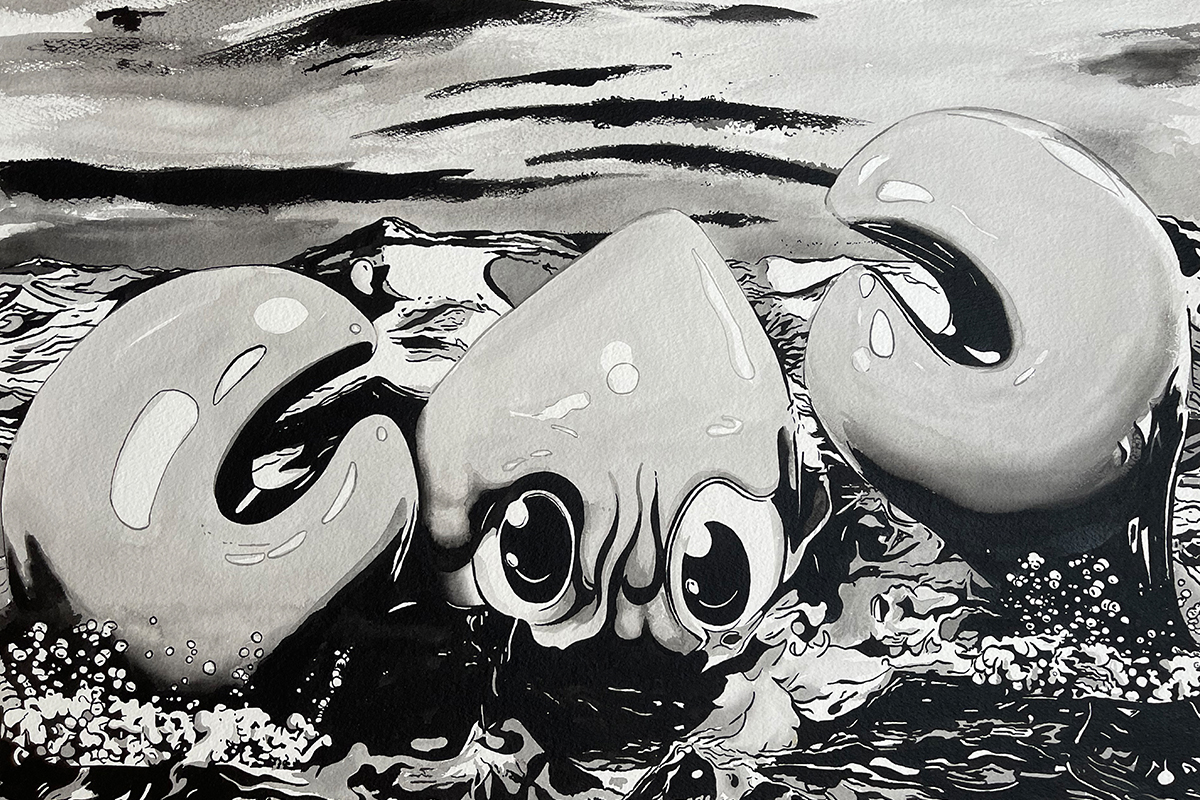
Philip Colbert. Air-Ink on recycled A2 Paper
Eco-art organisation Platform Earth is creating an exhibition of works by leading artists made from air pollution, at Frieze London. The aim of CARBON is to raise funds for a highly worthy environmental charity while raising awareness of our carbon footprint, as Ella Johnson reports.
Frieze London will see an innovative new stand by Platform Earth, showing CARBON, an eco-exhibition devoted to sustainability and featuring works by prominent UK based-artists, being sold in aid of marine carbon capture initiatives supported by eco-fundraising organisation Platform Earth.
Platform Earth is the brainchild of Petroc Sesti, with assistance in curation by Mark Sanders, Jessica Carlisle and Richard Wadhams. The show exhibits works by Tracey Emin, Brian Eno, Shezad Dawood, Ben Okri, among others. All works have been created using the medium of Air-Ink, a pioneering, carbon-negative ink made from air pollution.
Proceeds from the sales will go to Platform Earth’s Great British Sea Forest initiative and the Sussex Kelp Restoration Project, a project working to restore depleted kelp forests on the Sussex coast. In Platform Earth’s first year, it has successfully supported the Sussex Wildlife Trust in passing a bylaw banning trawling on 300 KM2 of the south coast, now the largest marine restoration project in the UK. Sesti points out that the marine-based plant is a potential game-changer when it comes to reducing CO2 concentration in the atmosphere. “Capable of growing three metres in just four months, kelp can draw down carbon more than twenty times faster than land-based alternatives. Once restored to its original size, the Sussex kelp forest could remove the equivalent of London’s entire art industry’s emissions year on year,” he says.
Follow LUX on Instagram: luxthemagazine
Sesti himself has a name where art and conservation meet. In addition to having founded Platform Earth last year – which strives to bring artists and scientists together to bring about carbon neutrality in the art world – he has collaborated with David Attenborough, and NASA astronaut and artist Nicole Stott on conservation initiatives dealing with deforestation and carbon capture. His work, which often takes a broadly cosmological focus, is also displayed at the Yacht Club de Monaco, whose patron, Prince Albert II, is a keen supporter of marine conservation causes.
Sesti was given the space at Frieze by Victoria Siddall, Global Director of Frieze Fairs, with the support of the Gallery Climate Coalition, amid rising concern in the art world about the carbon footprint of the sector.
The line-up of artists participating in CARBON is striking. Emin has created a line drawing of a woman reclining from the Air-Ink medium; Eno has contributed a work showing an ink footprint on (recycled) paper simply entitled Carbon Footprint.
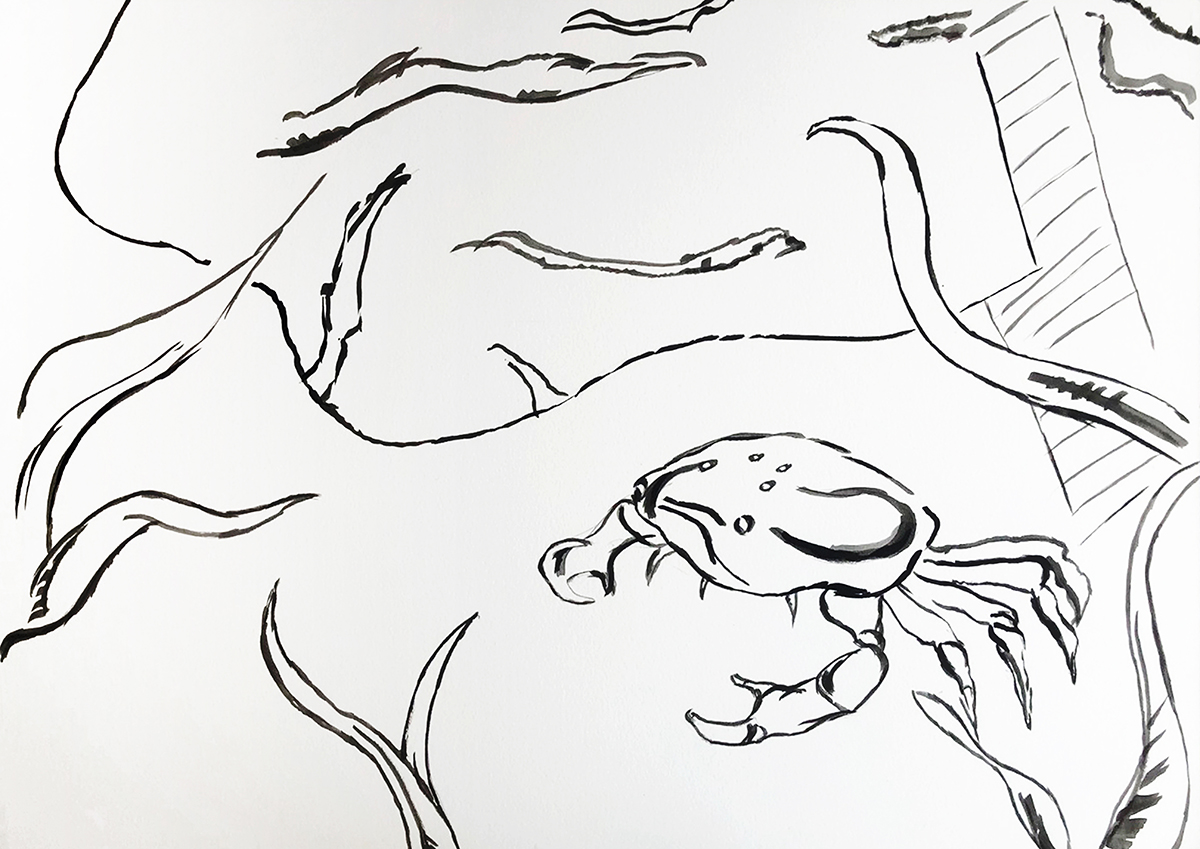
Shezad Dawood, Terrarium Study, Air-Ink on recycled A2 Paper
Shezad Dawood’s work depicts an underwater seascape replete with a crab and seaweed (or polythene tendrils, depending on how you view it). The multi-media artist comments: “Keeping the process carbon neutral, from the paper to the Air-Ink, is a nice touch, but the Air-Ink is actually wonderful to draw with, so there were no compromises there.” For Dawood, the CARBON project builds on a pre-existing passion. “For my works The Terrarium and Leviathan, I have spent years working with scientists, oceanographers and environmentalists imagining the future. What will different marine and coastal regions look like in 30, or 300, years from now?”
Read more: Philanthropist Helga Piaget on educating the next generation
For contributing artist, Sue Webster, CARBON offers an opportunity for retrospection. “Tim [Noble] and I have always inadvertently made environmentally friendly art, dating back to being penniless art students in Nottingham in the late 1980s and early 1990s. We simply couldn’t afford to waste our precious student grants on buying sheets of metal or lumps of granite with which to carve our future in art, so we turned to emptying out the skip in the sculpture park in order to pave our way through the art of assemblage from trash. It was never meant to be a political statement: it was simply a means to an end, to survival. It’s funny how things have turned out. It’s about time artists unify and invest in solutions to the art industry’s carbon emissions.”
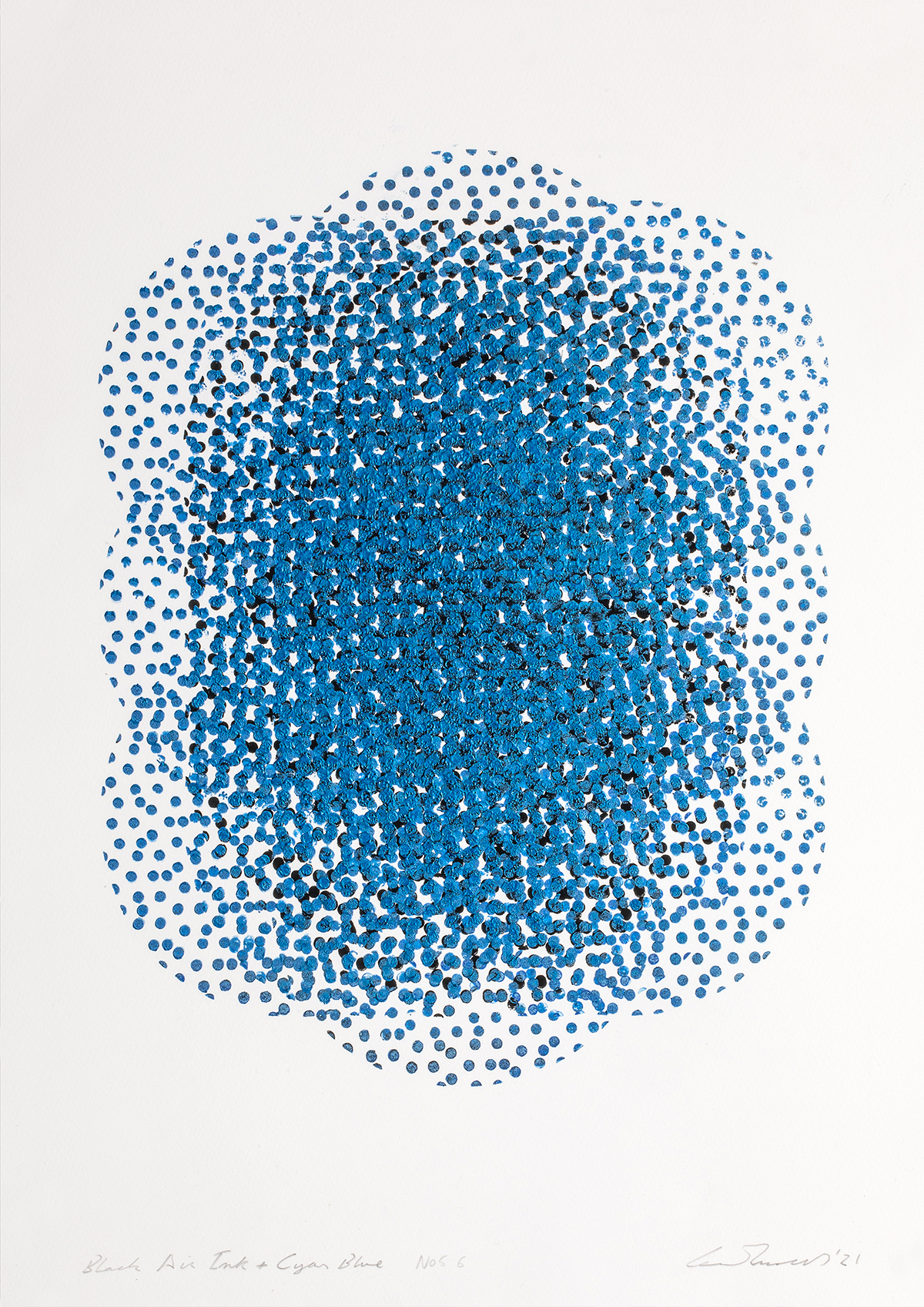
Conrad Shawcross. Air-Ink on recycled A2 Paper
Conrad Shawcross has created an abstract, particle-like work. He tells LUX, “As we do not have all the answers, I celebrate all endeavours to think outside the box, raise awareness, and promote change. Platform Earth represents a fresh and bold solution to accelerating environmental understanding, protecting ocean habitats and a novel way for the art world to try to reduce its negative environmental impact, while also crucially supporting and sustaining artistic expression.
Read more: Sophie Neuendorf on the legacy of Valmont’s Didier Guillon
“For well over a decade now, my joy in making has been increasingly tarnished by an anxiety at the environmental consequences of my expression and process. For years I have been trying to unbind the direct link between my artistic production from my carbon footprint. Decarbonising my supply chain has not been easy. While there are exciting solutions on the horizon, such as green hydrogen steel mills, we are not there yet.”
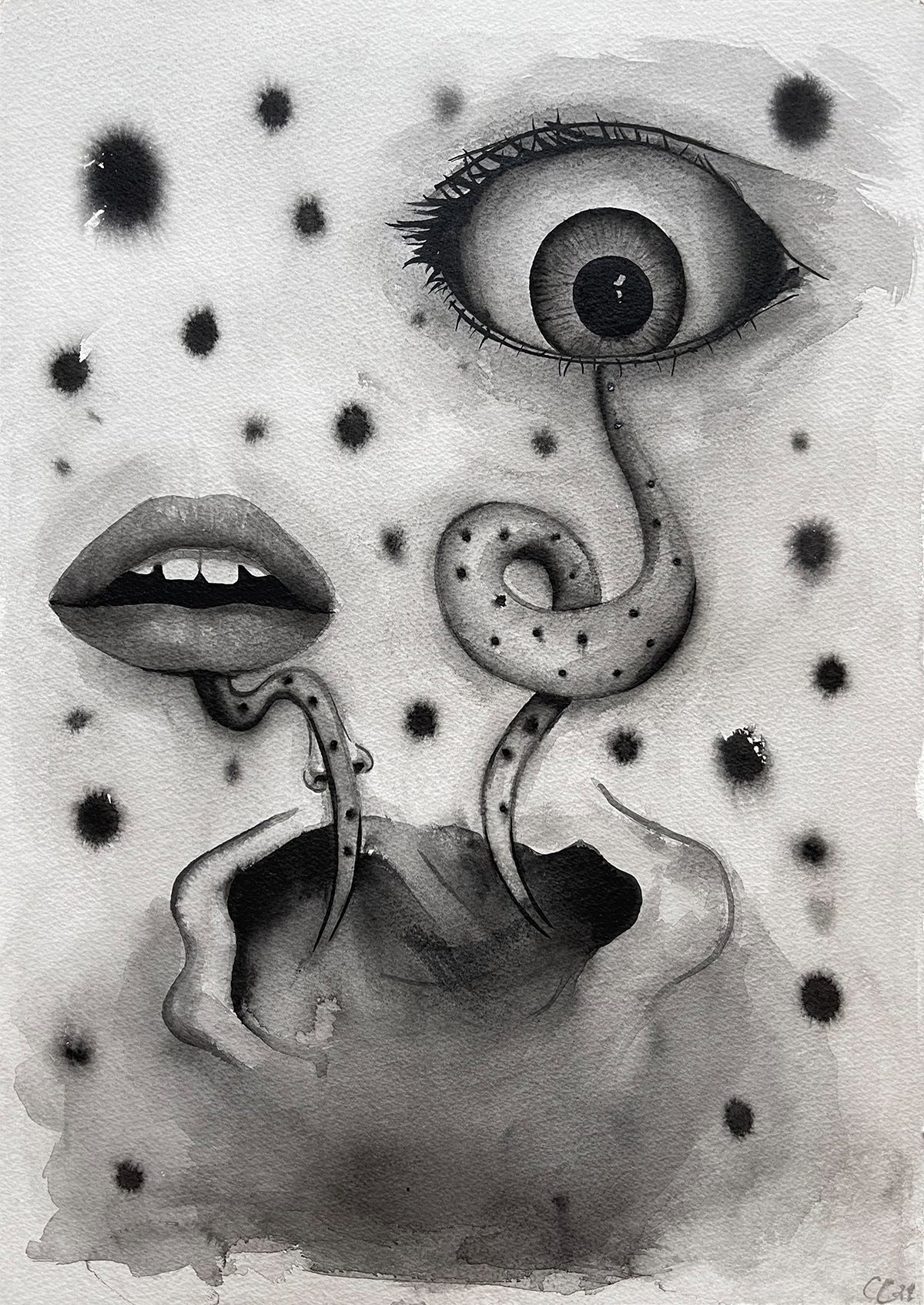
Charlotte Colbert. Air-Ink on recycled A3 Paper
Charlotte Colbert’s surreal creation blurs the lines between man and marine creature. “All our senses can witness our hurtling towards climate catastrophe,” she says. “It feels overwhelming, so when organisations come with clear aims and goals on how to delay or even avert it one can only leap behind it with full faith and commitment.” Philip Colbert, who has recreated his signature lobster seemingly drowning in a rising ocean, adds, “It seems about time that an art movement focused head on the environmental challenge of our time. Great art has always attempted to tackle the existential challenges for humanity and Platform Earth perfectly addresses our biggest challenge today. If artists can’t inspire then they can no longer dream.”
With the United Nations Climate Change Conference, COP26, taking place in a few weeks, the show could not be better timed. As Sesti says, “To have Frieze place us essentially in their blue-chip section is a real barometer of how the art world is changing – or potentially hasn’t changed yet. It does not have many solutions at the moment, in terms of contributing to the environment and carbon capture.” A zero carbon art world may be a long way off, but CARBON is at least playing a small part in raising awareness – and addressing the issue.
Find out more: platformearth.org
Follow Platform Earth on Instagram: @platformearthuk

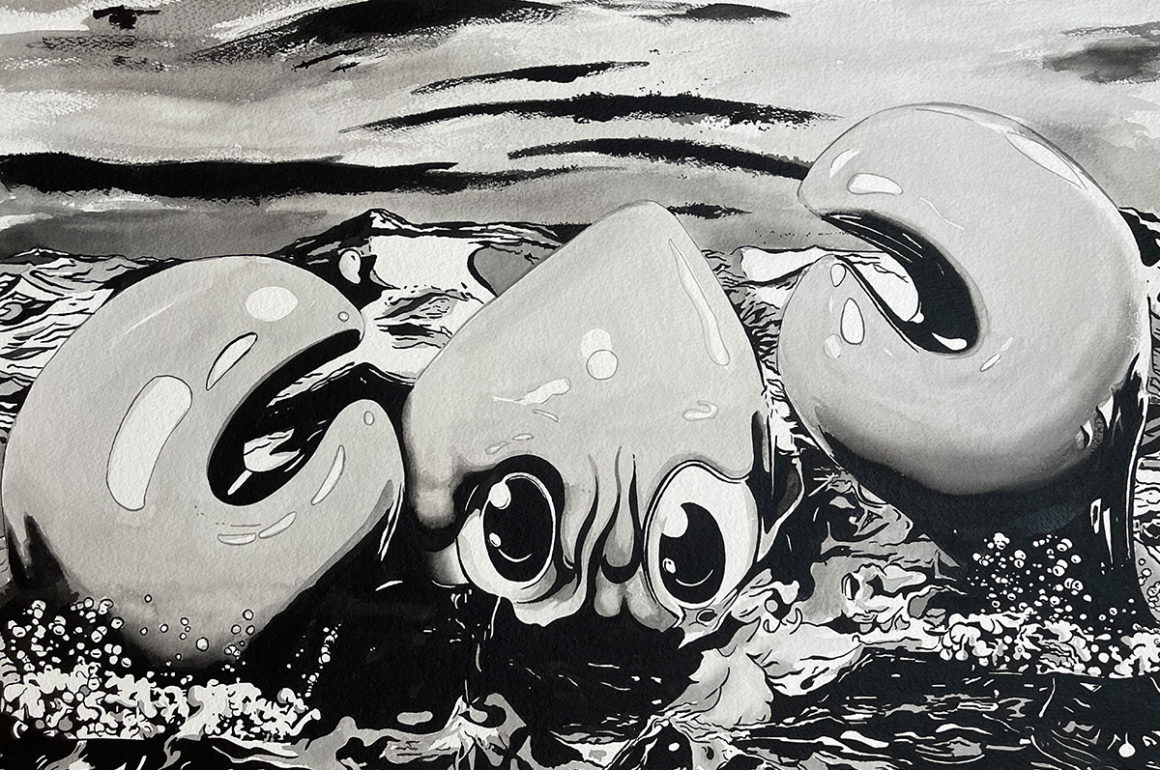
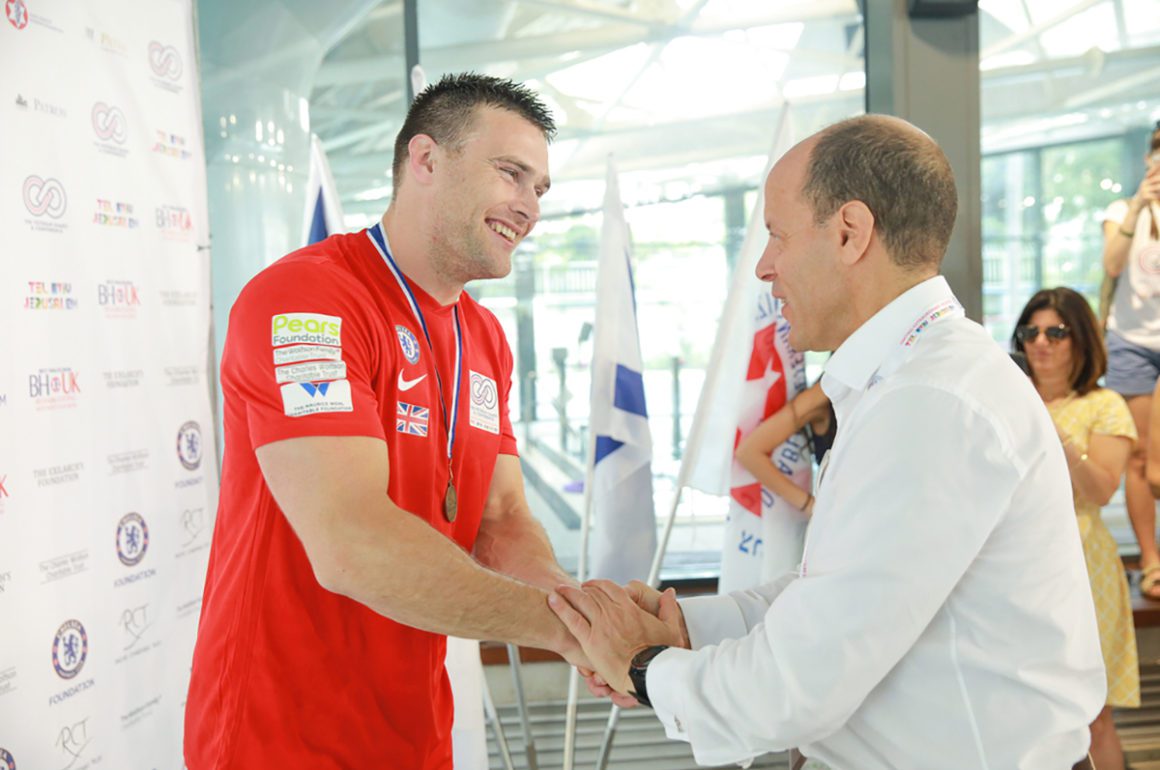

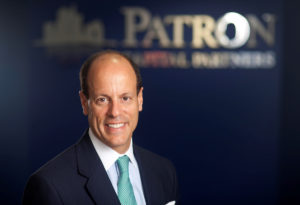
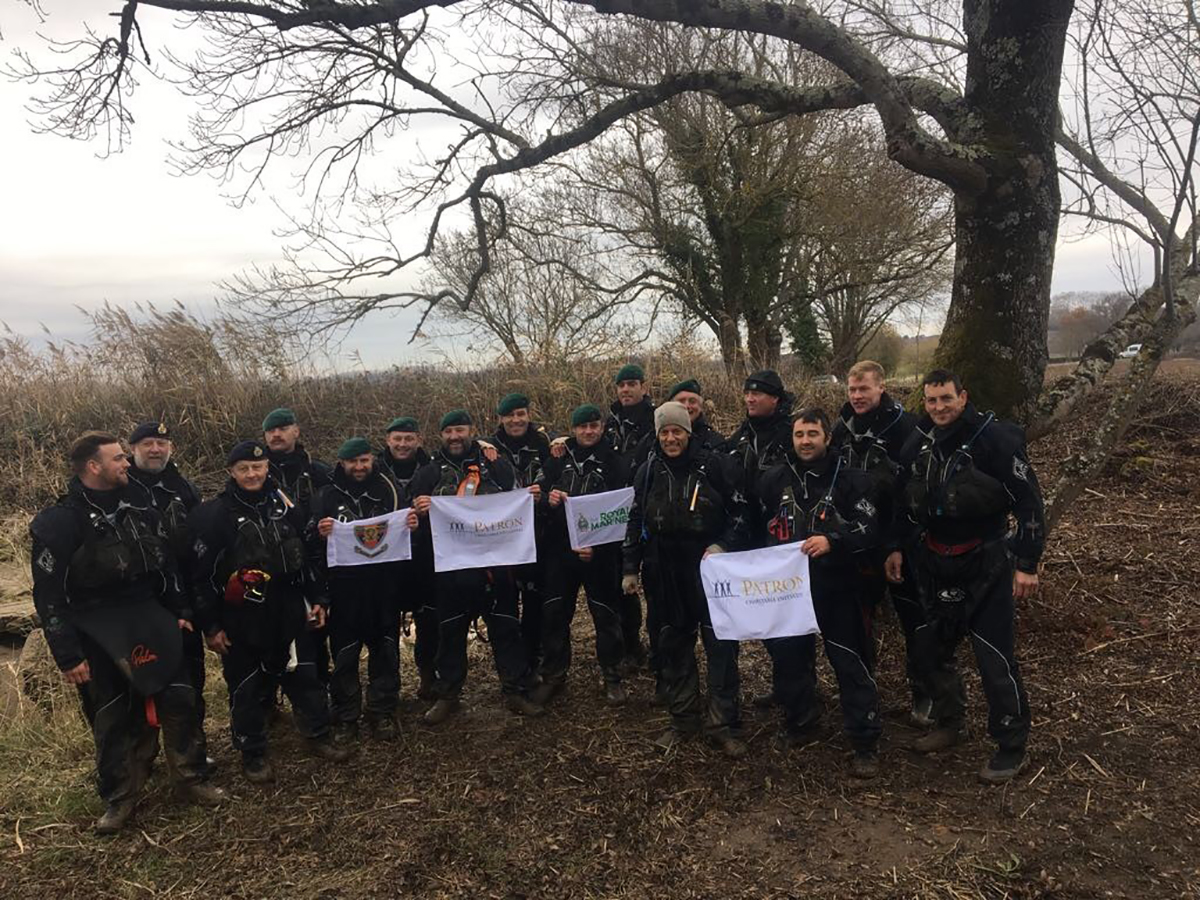

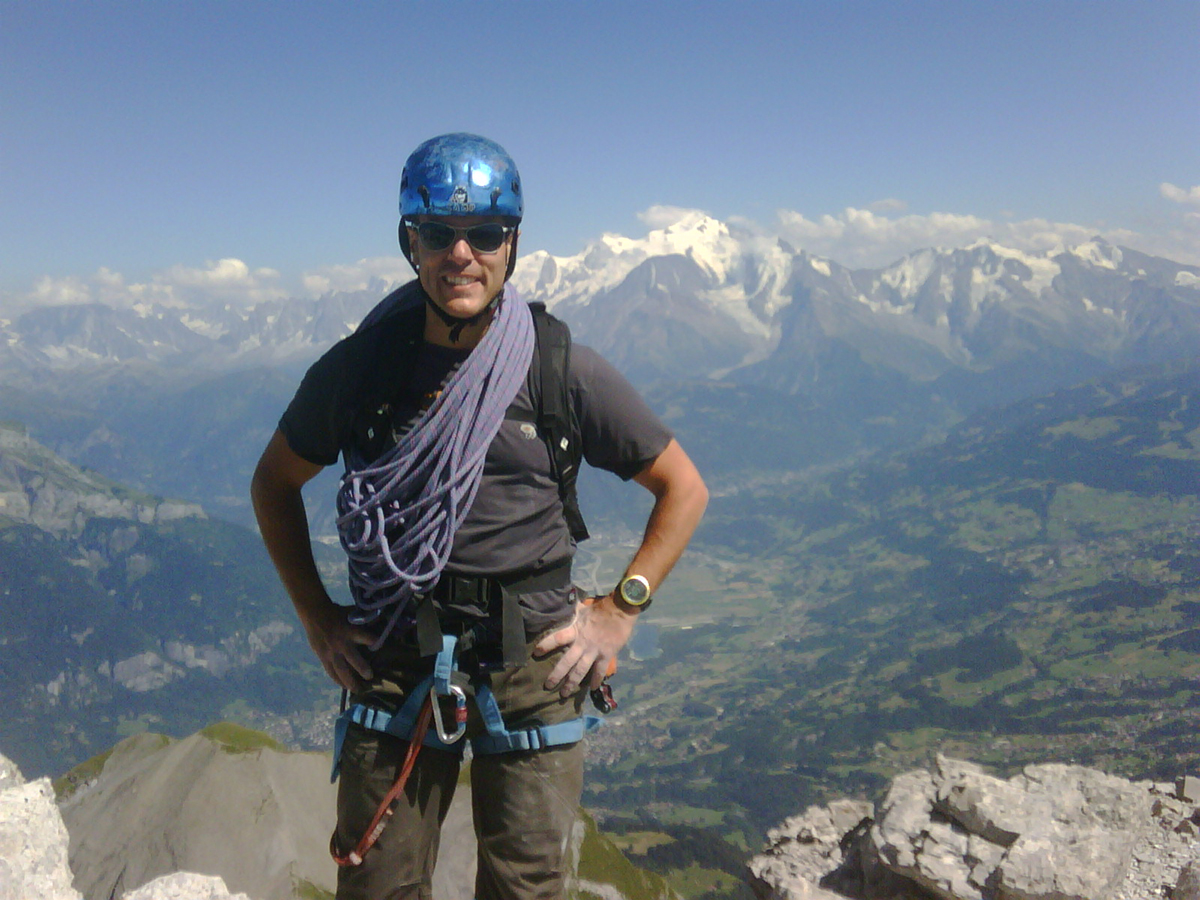
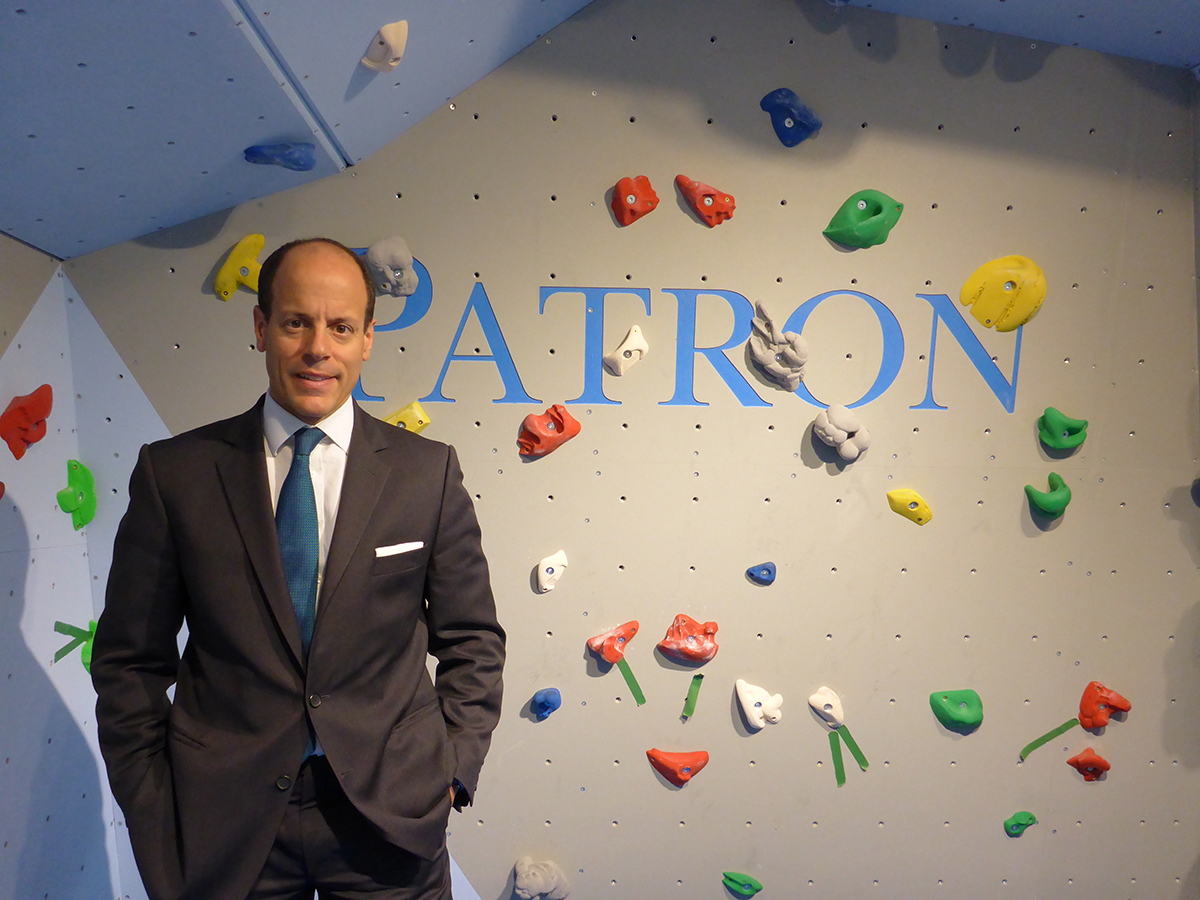





Recent Comments